The Next Renaissance emphasizes the transformative power of combining creativity, science and art in an effort to strengthen Europe’s cultural and creative sectors. Veronika Liebl, Managing Director at Ars Electronica and responsible for the development and implementation of European projects for cultural cooperation, tells us more about this new initiative, its goals and the extent to which related projects can already be seen at this year’s Ars Electronica Festival.
What does Next Renaissance mean?
Veronika Liebl: The Next Renaissance is a movement and platform that seeks to draw attention to the need for us to fundamentally rethink our ethics, values, and priorities in addressing the great problems of our time. The creative and cultural sector, and in particular the fusion of scientific, technological, cultural and artistic knowledge, can be a catalyst for imagining and realizing possible “futures”. However, to harness this potential of the sector for the development of society, we need to create infrastructures and support systems and enable radically new ways of thinking for artists as well as civil society and industry. What is also important to us is to emphasize that this initiative – despite its European anchoring – aims to activate perspectives from all over the world and from a wide range of disciplines. Only this way will we be able to address the great challenges of our time.
You say we – who is involved in this initiative?
Veronika Liebl: The Next Renaissance is a flagship initiative of the newly founded EIT Culture & Creativity. The EIT Culture & Creativity is the ninth knowledge and innovation community supported of the European Institute of Innovation and Technology (EIT), which until now mainly promoted innovation in sectors related to mobility, production, energy or climate. EIT Culture & Creativity now aims to strengthen European cultural and creative sectors and industries (CCSI) by connecting creatives and organizations with Europe’s largest innovation network. Essentially, this will create a Europe-wide partnership for investing in cultural and creative talent, innovation and entrepreneurship within sectors, and in connection to other industries.

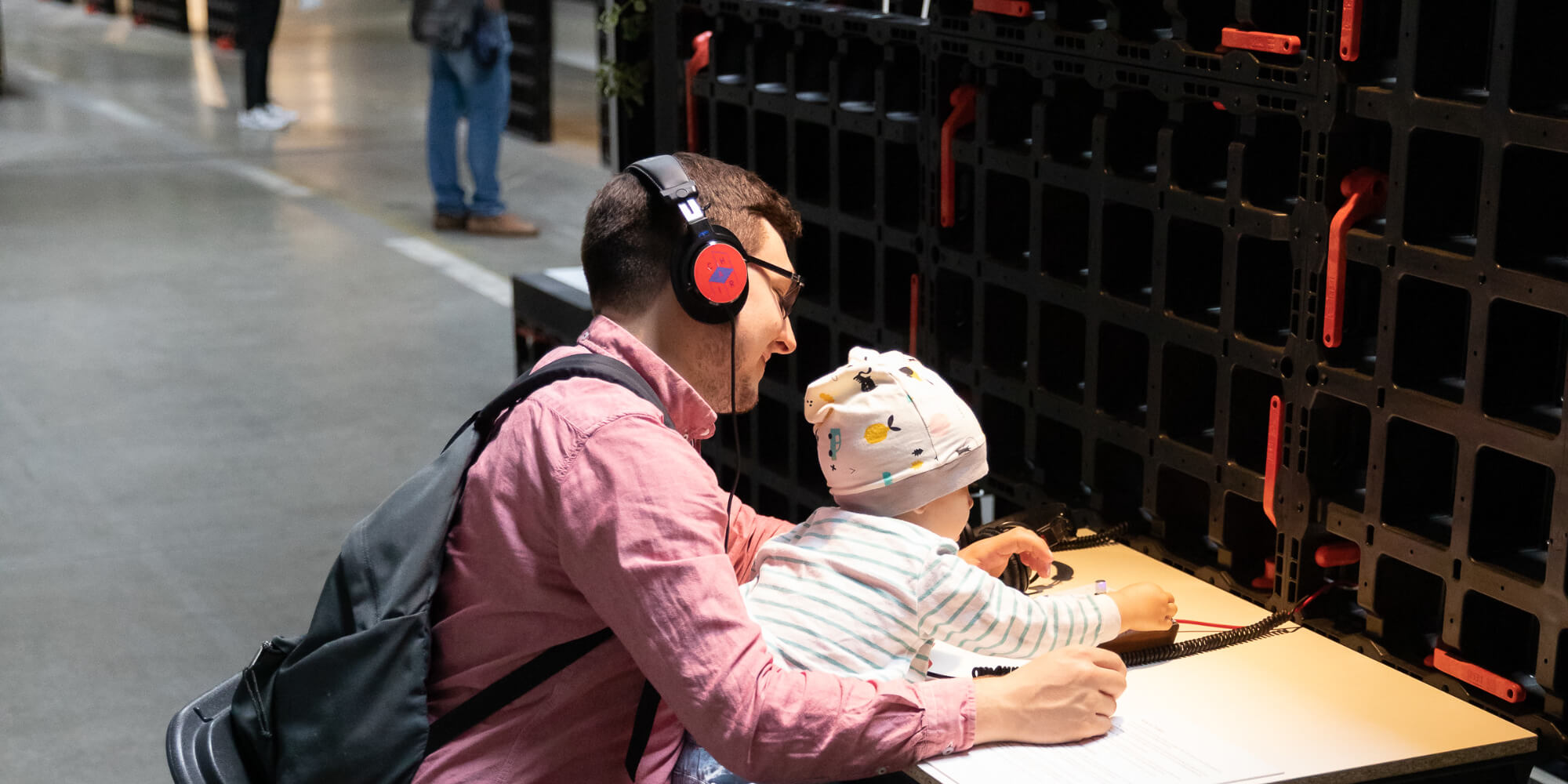

Why is this needed?
Veronika Liebl: The art and creativity scene is one of the most fragmented industries there is. There are few opportunities to form networks, so one point we want to work on together is better networking between individual artists and creative professionals. In other words, how can we make it possible for artists from Austria to have a better exchange with artists from Finland, for example? How can we better connect artists with other industries, e.g. engineers in the energy sector or robotics companies? This collaboration can be one of Europe’s great opportunities and a factor in how we strengthen our innovation ecosystem! As we all know, today it is not necessarily only excellence in innovation that is needed, but above all environmental and social compatibility. With the omnipresence of AI-based systems, it is no longer quite as important how to make processors better as it is about accountability, confidence in safety, or environmental footprint.
What will Ars Electronica contribute in this respect?
Veronika Liebl: One point that is very important to us is the educational focus that the EIT Culture & Creativity is pursuing. How can we promote interdisciplinary competencies and empower technology assessment? How can we build skills through creativity that are not yet represented in the usual curricula? How can artists, protagonists from civil society and other stakeholders also get involved in educational programs? How we can deal with all of these questions in the future and how we can use our skills will depend heavily on how we integrate creativity and critical-reflective thinking more firmly into our educational systems and make much greater use of a transdisciplinary approach than is the case at present. The universities in Linz also emphasize this: It is, of course, one of the core premises of the new Institute for Digital Sciences Austria, but it is also something that the Johannes Kepler University has been advocating for a number of years and is thus also directly involved in the EIT Culture & Creativity.
But of course we will mainly be involved in The Next Renaissance in the next few years. We will invite artists to participate in residencies or other contributions and work together with other European partners to build the initiative.

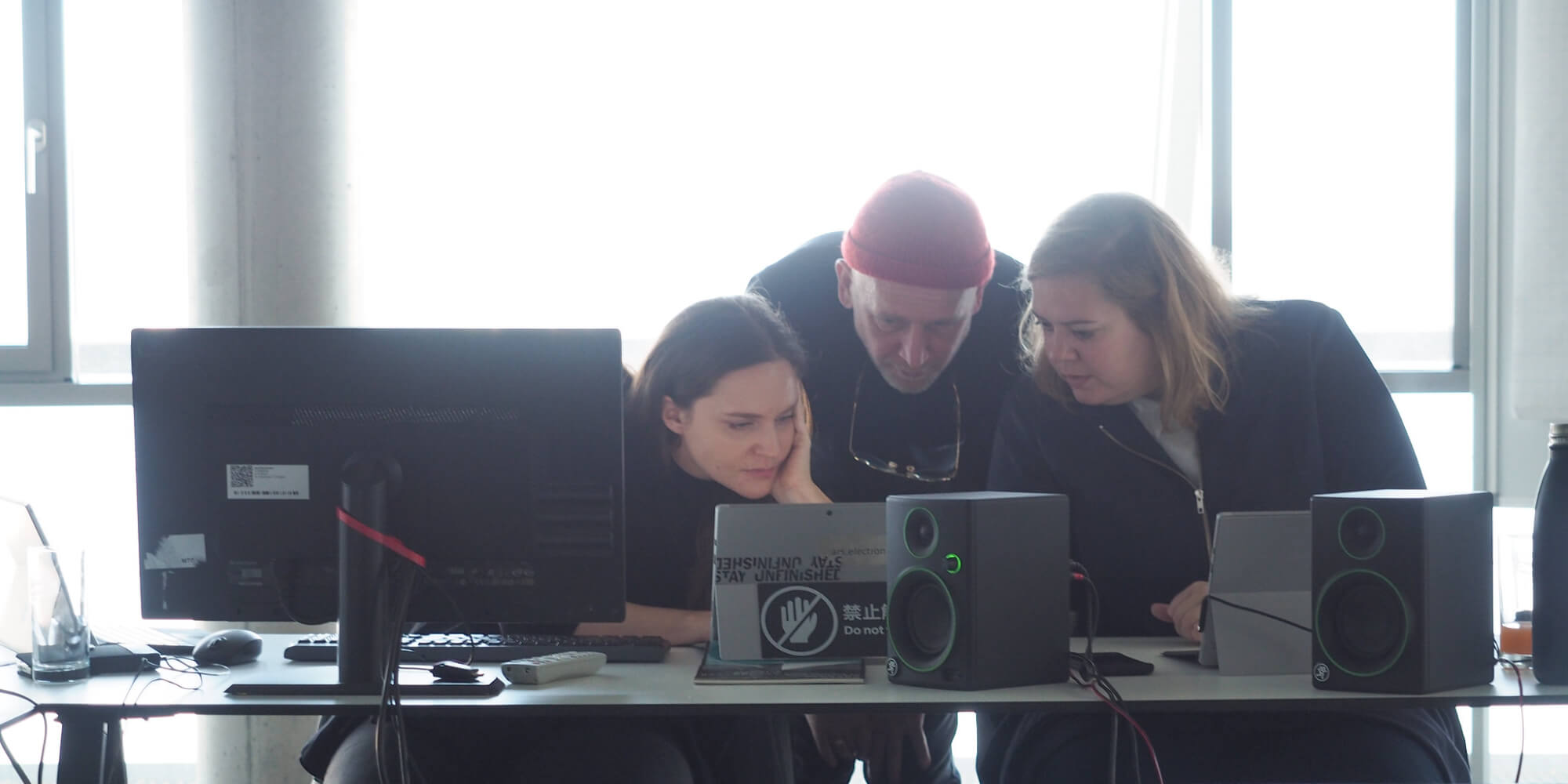

Back to The Next Renaissance: Are there already festival contributions related to this initiative?
Veronika Liebl: Of course! The Next Renaissance Conference on Thursday is part of the Ars Electronica Symposium. The conference program brings together leaders from academia, industry, politics, journalism, business and law to address the possibility of a paradigm shift. A special focus will be on the impact of AI on business models in the cultural and creative industries. There will also be a The Next Renaissance Launch Event on Friday, 8/9/2023 from 11:00-14:00, at the Lecture Stage in POSTCITY, where we will present upcoming calls for proposals and opportunities for participation around the initiative. The platform The Next Renaissance is precisely promoting the global convergence of science, arts and culture to address challenges. In 2024, the platform will launch an action plan for a more sustainable and abundant future characterized by creativity and collaboration, and cultural rebirth and renewal.
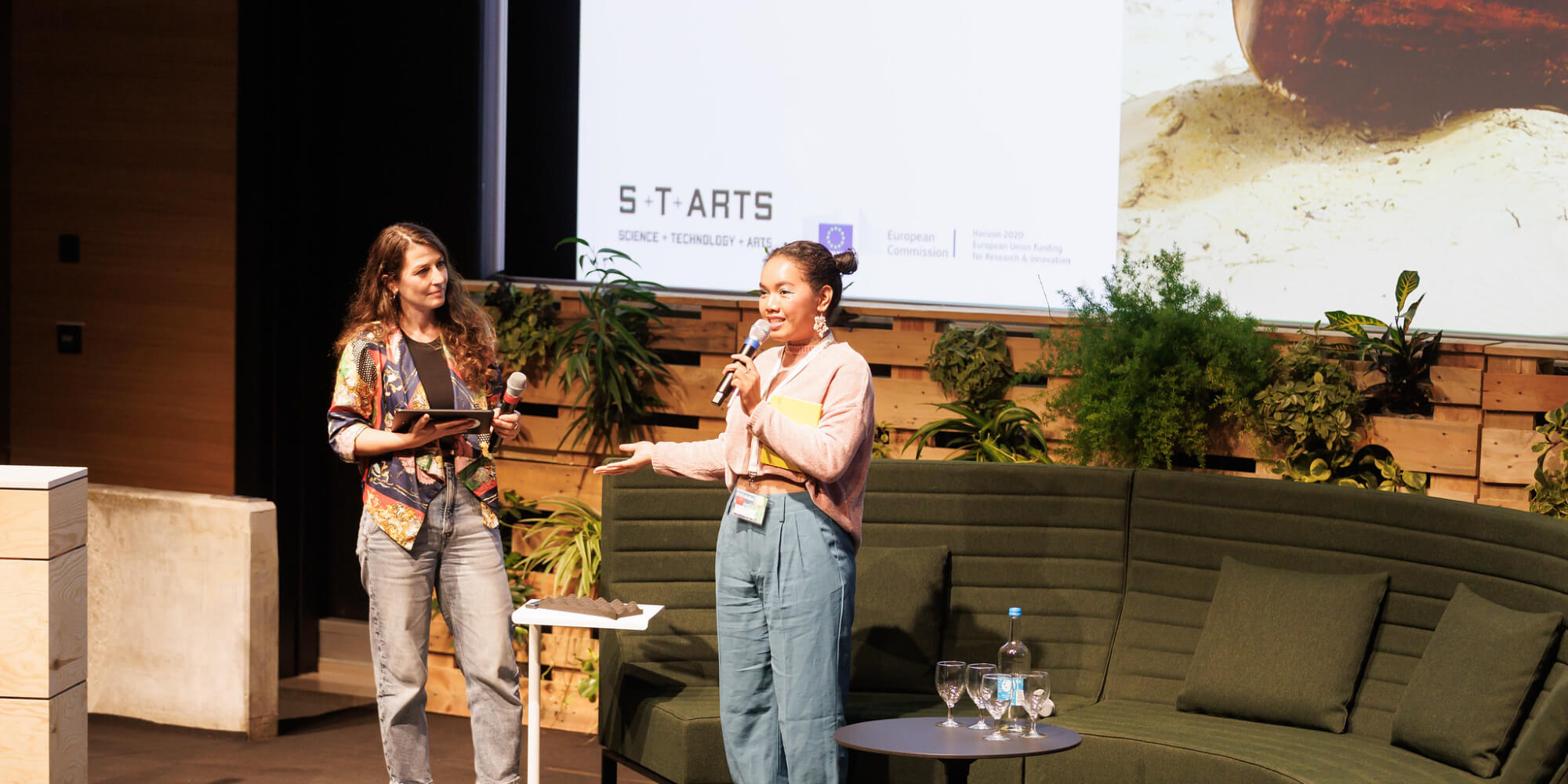

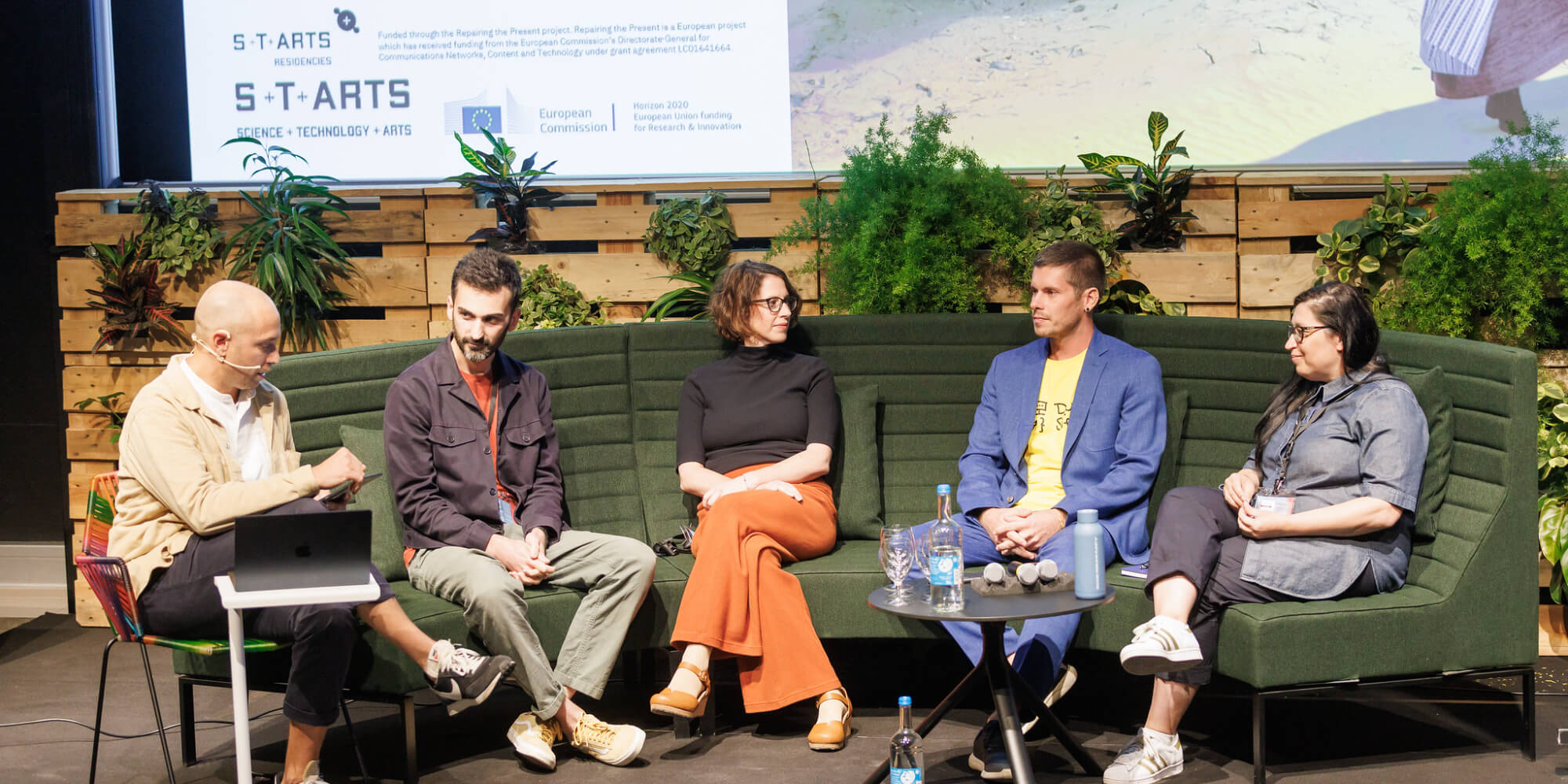
Last but not least, for anyone with Next Renaissance interest, I would recommend the STARTS exhibition. STARTS is a European Commission initiative focused on creating innovation at the intersection of art, science, technology and industry. Thus, for almost 10 years, this initiative has been producing precisely the kind of results that The Next Renaissance will also increasingly promote in the coming years. On display are the two Grand Prix winners – Pollinator Pathmaker and Broken Spectre – and a selection of Honorable Mentions and nominations that demonstrate the artistic potential to make a difference by addressing current environmental, technological, and socioeconomic issues.


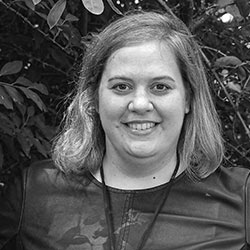
Veronika Liebl is currently Managing Director at the department Festival/Prix/Exhibitions of Ars Electronica. She studied economic and business science at Johannes Kepler University in Linz (graduated in 2010) with study visits at Harvard University (US) and Université de Fribourg (CH) and has an interdisciplinary background in non-profit and innovation management. Since 2011 she is in charge of cultural management and European project development at Ars Electronica Linz and serves as a member for the Linz’ city culture council and Linz’ UNESCO City of Media Arts Executive Board. She leads Ars Electronica’s European collaboration projects in the field of culture, research & education and developed, launched as well as executed in this position – together with her team – numerous EU projects such as the STARTS Prize, DOORS (Digital Incubator for Museums) or the European ARTificial Intelligence Lab.
EIT Culture & Creativity is supported by the European Institute of Innovation and Technology (EIT) and funded by the European Union.
STARTS in the City has received funding from the European Commission’s Directorate-General for Communications Networks, Content and Technology under grant agreement No. LC-01984766.
The STARTS Prize has received funding from the European Union’s Horizon 2020 research and innovation programme under grant agreement No. 956603.
More on the highlights of the Ars Electronica Festival 2023 can be found here. Details are continuously published on the blog and the official festival website
